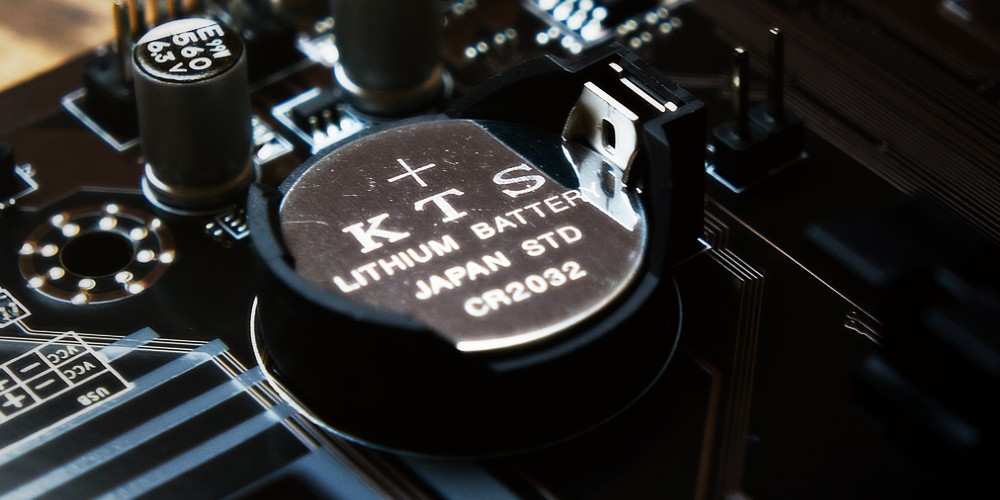According to several studies conducted by different research organizations, a looming lithium shortage will disrupt the supply chain of electric vehicle (EV) batteries as early as 2025.
(Article cross-posted from Natural News)
In a report recently published by BMI, a research unit of Fitch Solutions, the insatiable demand of China for lithium primarily driven by the EV market is expected to grow by an average of 20.4 percent per annum between 2023 and 2032. However, the lithium supply is projected to increase by only six percent over the same period.
Meaning to say, the large gap cannot even meet a third of the anticipated demand despite China being the third largest producer of lithium worldwide. (Related: Lithium supply not large enough to meet ambitious global EV deadlines, mining CEO warns.)
Meanwhile, the World Economic Forum (WEF) predicts global lithium demand to surge from 540,000 metric tons in 2021 to over 3 million metric tons by 2030, primarily due to the rising popularity of electric vehicles. S&P Global Commodity Insights forecasts EV sales to reach 13.8 million units this year, with expectations of surpassing 30 million units by 2030.
Experts like Corinne Blanchard, the director of lithium and clean equity research at Deutsche Bank, anticipate a “modest deficit of around 40,000 to 60,000 tons of lithium carbonate by the end of 2025 and a more alarming potential deficit of 768,000 tons in 2030.
Incoming lithium shortage expected to have a domino effect
The automotive industry is now bracing itself for a potentially severe shock of lithium shortage, given that lithium serves as a critical component in powering EV batteries.
According to Refinitiv data, there are only 101 lithium mines worldwide to date. Gill Pratt, the chief scientist of Toyota, stressed that building new lithium mines can take decades.
Allan Pedersen, the director of energy transition and battery raw materials research at Wood Mackenzie, echoes the argument of Pratt. Pedersen said: “The main risks [are] likely to come from delays in commissioning of new projects and delays in permitting of new assets.”
Susan Zou, vice president of energy research firm Rystad Energy, expects a substantial increase in lithium mine supply by 30 percent to 40 percent per annum in 2023 and 2024. However, she warned of potential regional supply imbalances, especially in the U.S. and Europe, where mining and processing capacities may struggle to meet EV battery demand.
Zou also pointed out that the incoming global lithium shortfall at the end of the decade could pose potential threats to the supply chain and cause a spike in lithium prices. In turn, such price increase could raise battery production costs and spell trouble not only for automakers but also for buyers with limited budgets for EVs. In short, the incoming lithium shortage is expected to have a worldwide domino effect.
Learn more about the global supply chain at SupplyChainWarning.com. Watch this documentary explaining the dark side of the green energy transition.
This video is from the channel Divide Et Impera on Brighteon.com.
More related stories:
- They will be RARER soon: Rare earth mineral supply for wind power and EVs will fall 246,000 tons short by 2040.
- EVs are NOT zero emissions: It takes 500,000 pounds of earth material to build a single 1,000-pound battery.
- LITHIUM mining for electric vehicles is incredibly destructive to the environment and about as far from “green” as you can imagine.
- Lithium shortage spells disaster for Biden admin’s ill-fated crusade against gasoline-powered vehicles.
- GREEN SHORTAGE: Lack of lithium preventing Indonesia from becoming a global hub for EVs.
Sources include:
What Would You Do If Pharmacies Couldn’t Provide You With Crucial Medications or Antibiotics?
The medication supply chain from China and India is more fragile than ever since Covid. The US is not equipped to handle our pharmaceutical needs. We’ve already seen shortages with antibiotics and other medications in recent months and pharmaceutical challenges are becoming more frequent today.
Our partners at Jase Medical offer a simple solution for Americans to be prepared in case things go south. Their “Jase Case” gives Americans emergency antibiotics they can store away while their “Jase Daily” offers a wide array of prescription drugs to treat the ailments most common to Americans.
They do this through a process that embraces medical freedom. Their secure online form allows board-certified physicians to prescribe the needed drugs. They are then delivered directly to the customer from their pharmacy network. The physicians are available to answer treatment related questions.



